Is Kratom Legal in Iowa?
Contents
Kratom legality in Iowa: What you need to know
The answer to the question, “Is kratom legal in Iowa?” is yes. Since its debut in the United States in 2000, there have been no federal regulations for the herb. Each state decides on its law. Currently, the herb is still illegal in the following jurisdictions:
- Alabama
- Arkansas
- Indiana
- Rhode Island
- Vermont
- Wisconsin
While the product is allowed in other states, there are restrictions in some areas. To avoid problems with the police, check the legislation before you use or distribute the substance.
Why do people continue to ask, “Is kratom legal in Iowa?” That’s due to the uncertainty surrounding the natural product’s status.
In 2014, state legislators tried to criminalize the plant, stating that kratom was hallucinogenic without any evidence of medical benefits. Due to its high abuse potential, the authorities introduced Bill HF2355 to categorize the herb under Schedule I of the Controlled Substances Act.
Pro-kratom supporters issued a petition, refuting claims by the United States Food and Drug Administration (FDA) that the product was addictive.
The activists quoted peer-reviewed studies showing the natural product’s potential for abuse and addiction is similar to coffee. In 2017, a scientific report supported their declaration, confirming the state used false claims in its attempt to ban the herb.
The bill didn’t pass, and the plant remains legal today. We can’t say that the answer to, “Is kratom legal in Iowa?” will be affirmative forever, but there’s no indication to the contrary now.
Contemplate these factors when asking, “Is kratom legal in my state?” Until the situation changes, if you’re in Iowa, enjoy the potential benefits the herb offers.

Future predictions for kratom legality in Iowa
Keeping kratom safe for consumers is vital, and one group focusing on this goal is the American Kratom Association (AKA).
Besides being active in overturning legislation, the association aims to introduce the Kratom Consumer Protection Act (KCPA) in all states.
The KCPA is a bill that regulates the industry throughout the United States and addresses the following matters:
- Manufacturing, distributing, selling, and possessing the herb
- Producing, disseminating, and transacting contaminated kratom
- Testing and labeling the herbal products
- Age limits
- Fines and penalties
While we say yes to, “Is kratom legal in Iowa?,” it’s essential to note that the Hawkeye State doesn’t have the KCPA in place. It’s currently not on the AKA’s priority list but will likely implement the act in the future to safeguard their consumers’ interests.
Until then, it’s up to Iowans to be cautious when purchasing the herb and avoid getting it from non-reputable vendors.
“Is kratom legal in Iowa?” also remains an ongoing question as long as the Drug Enforcement Administration (DEA) considers banning the herb. In August 2016, it wanted to classify the substance as a Schedule I drug for its abuse potential.
Although the agency changed its mind in October of the same year, it continues to monitor the plant’s use. The risk remains that the DEA may reverse its decision and make the herb illegal. Until the law changes, Iowa residents can enjoy using kratom in the state.

Where to buy kratom in Iowa?
Although the answer to, “Is kratom legal in Iowa?” is affirmative, there aren’t any regulations in Iowa at the moment.
Anyone can sell it, increasing your risk of using a contaminated herbal product. For safety reasons, ensure you buy natural kratom online only from trusted sources.
When choosing the right product, one key criterion is ensuring that lab checks confirm it only contains pure kratom powder. The test report usually indicates the level of its two most dominant compounds—mitragynine and 7-hydroxymitragynine—highlighting its potency.
When acquiring the herb, besides knowing, “Is kratom legal in Iowa?” use the following guide to choose the product that suits you.
The industry classifies the plant’s three primary strains according to the leaf vein color, each offering unique effects. After processing, these traits aren’t noticeable, stressing the importance of getting your product from a trusted seller.
Of the three strains, red vein kratom has a reputation for providing the most analgesic and relaxing sensations. It contains a high level of mitragynine, a mu-opioid alkaloid that produces similar effects as morphine.
White vein kratom has high amounts of an energizing serotonergic alkaloid—7-hydroxymitragynine. It enhances creativity and stimulates lateral thinking.
Combining the properties of the red and white strains gives you a green vein kratom. Its potency is milder, making it ideal for beginners. Users claim it helps treat multiple ailments.
After selecting the strain that meets your requirements, you can choose kratom pills, and powder forms.
Will kratom always be legal in Iowa?
No one knows since laws may change. However, successfully opposing Bill HF2355 is a positive sign that kratom will remain legal for some time in the Hawkeye state. As more research on the herb’s benefits becomes available, legislators may soften their stance on banning it.
Since lawmakers value users’ safety, with the potential introduction of the KCPA regulating the herb’s use, the future of kratom in Iowa looks bright.
Consumers need to assume the responsibility of keeping abreast of changes to the law and protecting themselves by only using pure products. Purchase the herb from us at Kratom Country to ensure you get only the finest quality.
About the Author

Chloe Collins is a skilled kratom maker passionate about crafting high-quality kratom products at Kratom Country. She has been working in the kratom industry for over a decade, mastering the art of creating unique blends and formulations that cater to the specific needs of her clients.
Chloe is known for her dedication to using only the best quality ingredients in her kratom products, ensuring that her customers receive the full benefits of this traditional herb.
She is committed to educating people about the kratom benefits and its responsible use and is always willing to share her knowledge and expertise with others.
She often writes educational articles about Kratom’s effects and its benefits for health.









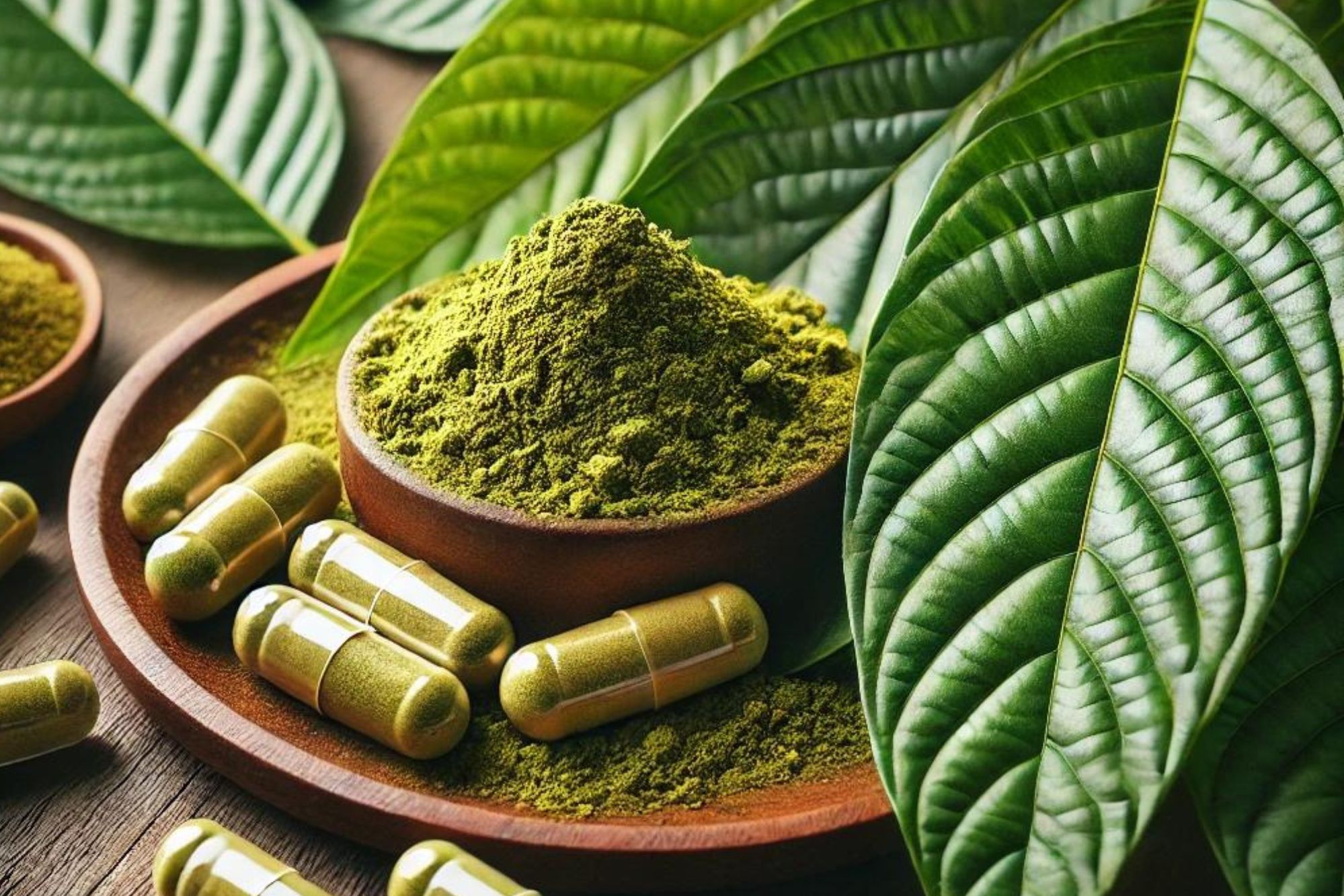
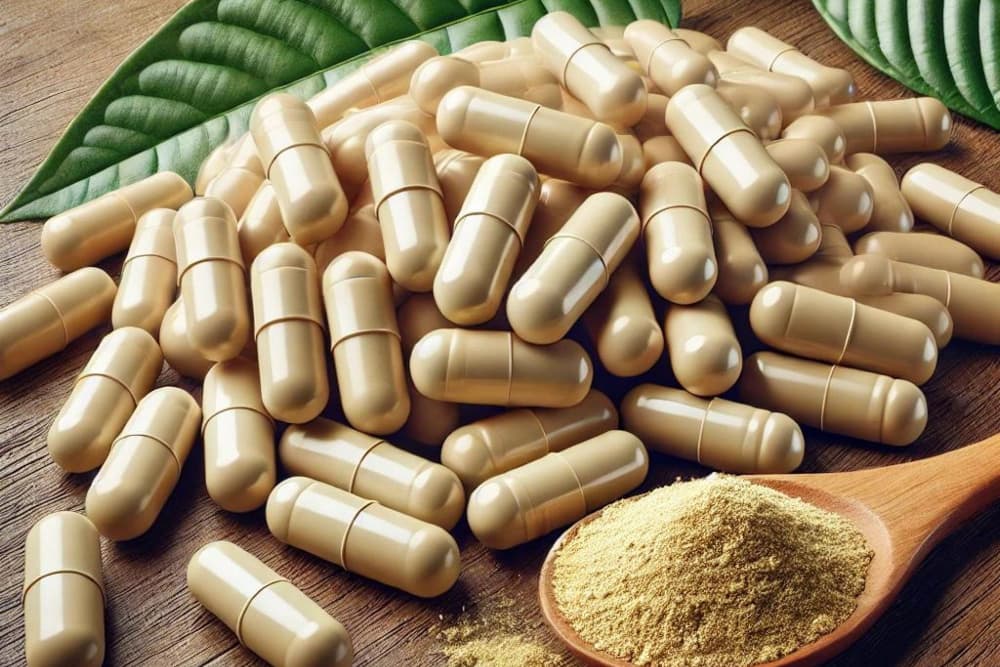
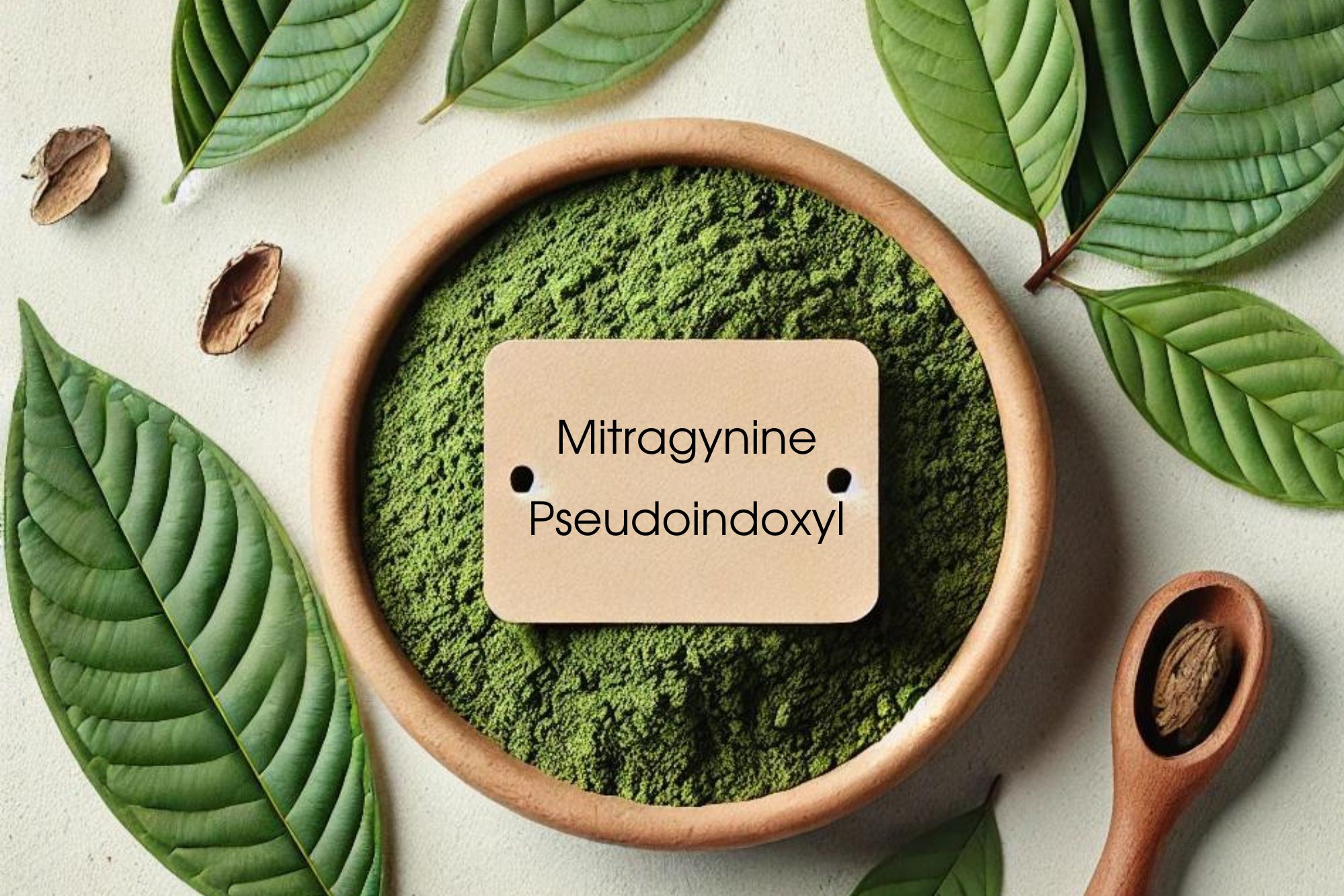
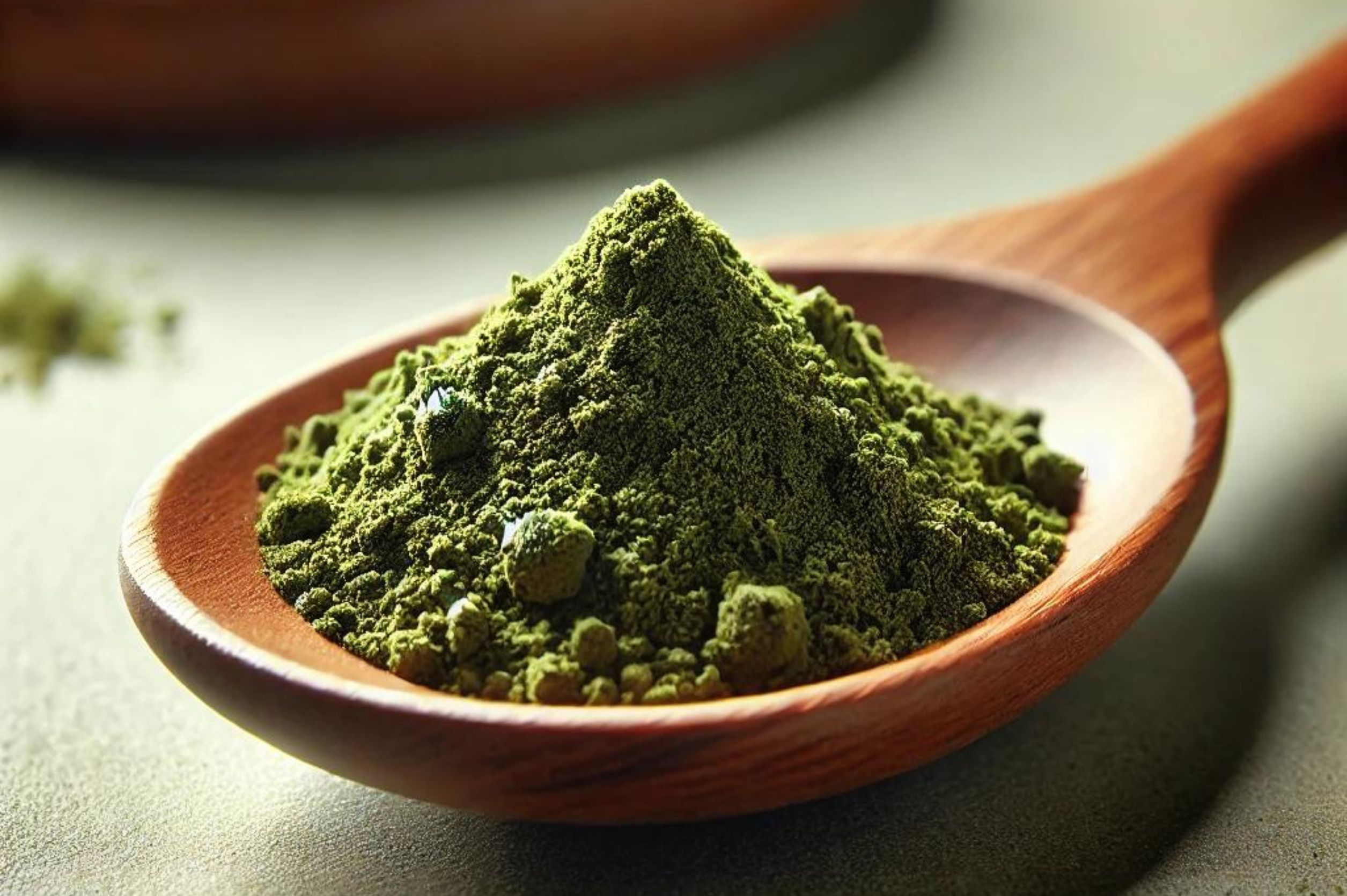
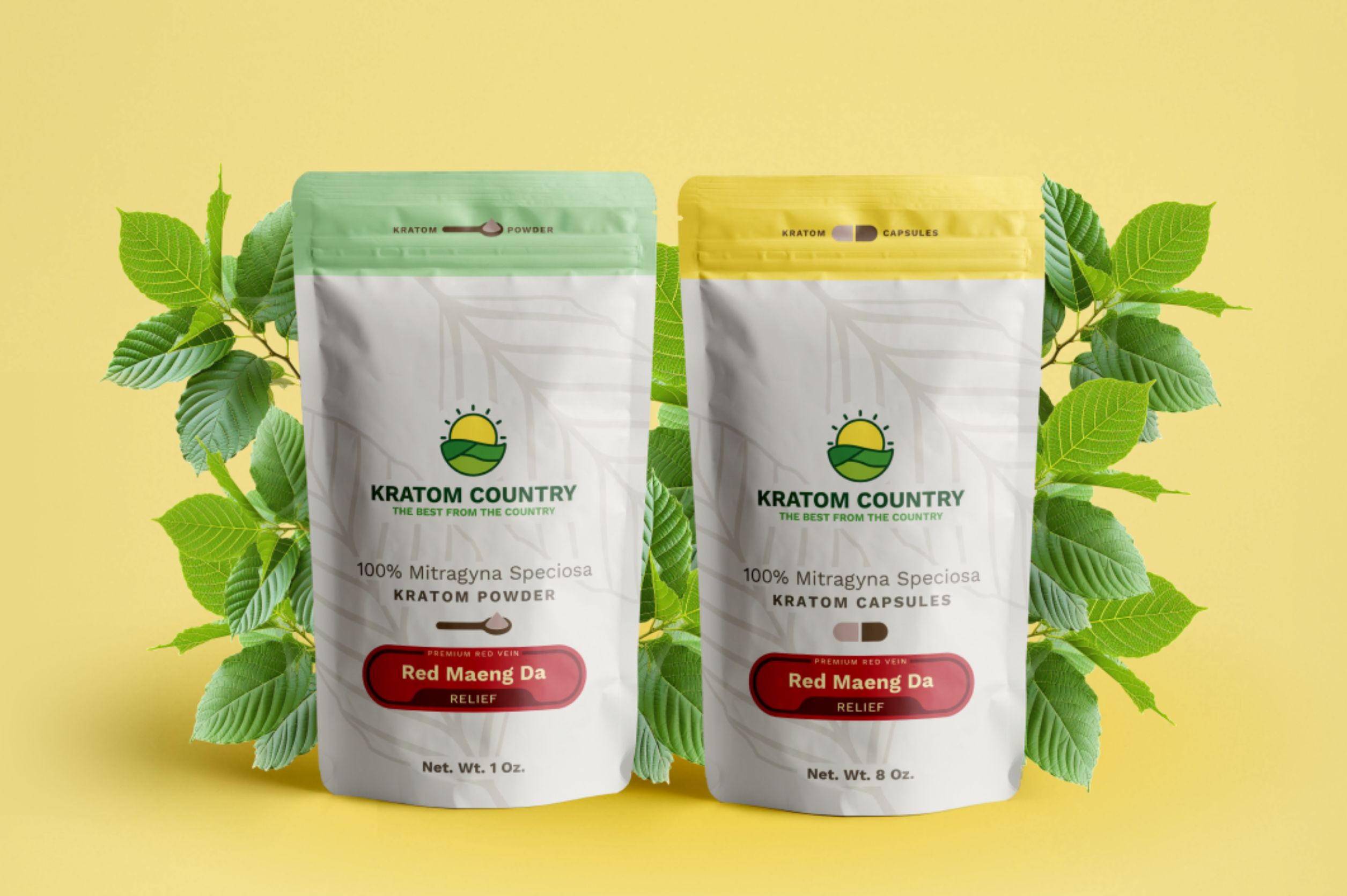
Comments